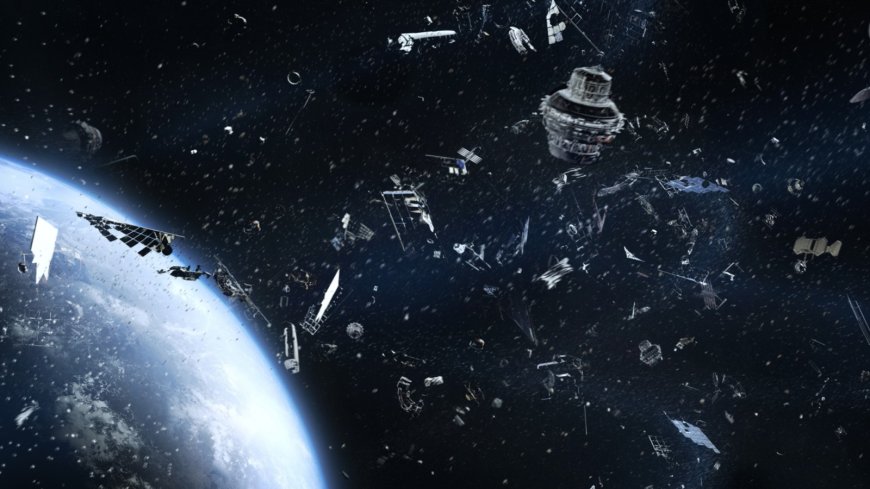Satellites Breaking Up in Space Without Insurance Coverage
A $500 million satellite exploded in space, adding to the growing issue of space debris. With the cost of satellite insurance soaring, more operators are launching without coverage, leading to concerns about the sustainability of current practices. The space insurance market faces challenges in determining liability for satellite failures, creating uncertainty for operators and insurers alike.

Airplane passengers crossing the Indian Ocean on Oct. 19, 2024, might have seen a fast-moving star flash and fade, which was actually the explosion of a $500 million satellite, Intelsat-33e. The satellite broke into at least 20 pieces, adding to the 14,000 tonnes of space debris orbiting Earth. The satellite was uninsured.
With the increase in space junk, more operators are launching satellites without insurance. This leads to cheaper satellites breaking up easily, worsening the space debris problem. The cost of launching satellites is decreasing, while insurance costs are rising.
There are around 12,787 satellites in orbit, but only about 300 are insured for in-orbit accidents. European and UK operators are legally required to insure their satellites, putting them at a cost disadvantage compared to other countries.
SpaceX and other companies are reducing launch costs with reusable rocket parts. The space insurance market began in 1965, and satellite insurance losses have been increasing, with insurers exiting the market due to high claims.
It is challenging to determine fault in satellite failures, making it difficult for insurers to investigate claims. Liability insurance for satellites is also complex, as it's hard to identify the cause of satellite breakdowns.
The space industry may move towards legal liability for operators creating space debris. The increasing number of cubesats poses challenges, and climate satellites are at risk of colliding with space junk.
The space debris problem poses threats to spacecraft in orbit, with concerns about Kessler syndrome, a chain reaction leading to a wipeout of everything in orbit. Experts suggest the need for regulatory systems similar to air traffic control to manage space traffic.
On March 8, 2024, a piece of hardware from the International Space Station fell through a Florida home, highlighting the risks of space debris. Legal battles over space debris are emerging, emphasizing the need for clear rules to ensure the sustainability of space activities.
According to the source: Space.
What's Your Reaction?
 Like
0
Like
0
 Dislike
0
Dislike
0
 Love
0
Love
0
 Funny
0
Funny
0
 Angry
0
Angry
0
 Sad
0
Sad
0
 Wow
0
Wow
0






















































































































































